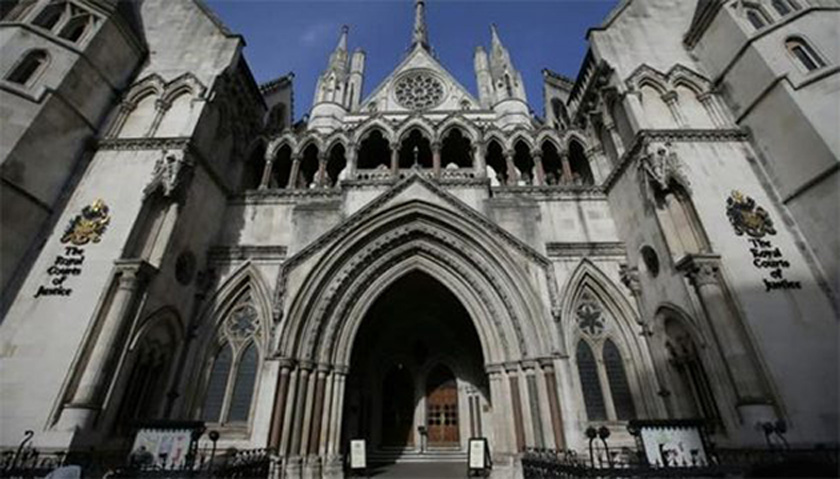
HAVANA, Cuba, Jan 30 (ACN) The trial being held in the High Court of England, corresponding to the lawsuit filed by the vulture fund CRF I Limited against the Banco Nacional de Cuba (BNC) and the Cuban State, will continue this week, when the final arguments of the defense of each party will be heard.
In the oral hearing that has been in session since January 23, the statements of witnesses have revealed the elements that allow understanding the Cuban position, the national press reported.
Representatives of the fund, questioned by the defense on behalf of the Banco Nacional de Cuba (BNC) and the Republic of Cuba, admitted that the lawsuit before the courts was considered as an option, since they began the steps to try to be awarded the debt securities that are being debated today.
According to information published in Granma newspaper, the evidentiary material submitted includes e-mails and documents that have made it possible to describe the typical actions of the plaintiff, and thus to identify the actions of a vulture fund.
CRF tried to illegally acquire two Cuban debt securities at low prices, and to condition possible agreements with the BNC and the Republic of Cuba as the only option to avoid the lawsuit before the English jurisdiction, the text indicated.
This entity constituted in the Cayman Islands also alleges that it is a legitimate creditor of two debts contracted in the 1980s, while the BNC and the Cuban State maintain that the fund has never been and is not a creditor of Cuba at this time.
To support their position, the plaintiffs showed as a key piece of evidence the document issued by a BNC official, in which the alleged consent of the Bank, and therefore of Cuba, was given for the rights as creditor to be transferred in favor of CRF.
Granma's report stated that the Cuban official responsible for the preparation and signing of the document, the cornerstone of the vulture fund's claim, admitted in his statement (in real time from Havana) that he was aware that he was committing an illegal act that exceeded his powers and competences, and that his actions were the result of a promise of a gift made by representatives of CRF.
He also acknowledged that this document did not comply with the legal requirements for its validity, which according to current banking procedures, must be made on a special type of paper with security characters, have two type A signatures, as well as be registered in the official debt assignment registry.
The defense of the BNC and the Republic of Cuba explained to the judge that none of the three requirements were met, which invalidates its legal effectiveness and nullifies the consequences that would derive from its issuance.
From Havana, two former executives of the BNC and two female workers who performed tasks associated with the assignment operation under debate also gave their statements, which provided elements confirming the nullity of the document issued and the procedural violations.
The information indicated that in the trial hearing it was argued that the BNC, in accordance with Cuban regulations, does not have the power to act on behalf of the Cuban State, and to express its consent to the assignment of a public debt.
Joscelin Rio Alvarez, president of the BNC, explained, when questioned by the defense of the vulture fund, the regulated procedure and the attributions conferred to the Bank for this type of operation.
The financial institution, which since 1997 does not fulfill the role of Central Bank of the State, upon receiving the notification from a creditor that intends to assign its rights over public debt, is required to send it to the Ministry of Finance and Prices, and the latter, in turn, to the Council of Ministers, in its role as the highest body of the Government of the Republic of Cuba.
For his part, the first deputy minister of finance and prices, Vladimir Regueiro Ale, affirmed that in this case there was no such communication, which reinforces the illegal nature and lack of legal consequences of the alleged assignment claimed by the vulture fund.
The absence of intervention of said Ministry in this alleged assignment is another element of importance that supports the invalidity of the rights alleged by the fund, the text stressed.
It refers that the arguments heard in the High Court of England demonstrated that CFR tried to illegally adjudicate two Cuban debts and, immediately, in the absence of agreement and approval of these acts by the BNC and Cuba, establishes the lawsuit in London.
They bought the debt at low cost, the article remarked, and the amount they claim would mean, in any case, a net gain ranging between 1,200 and 2,000 % of the value they paid.











Nos reservamos el derecho de no publicar los comentario que incumplan con las normas de este sitio